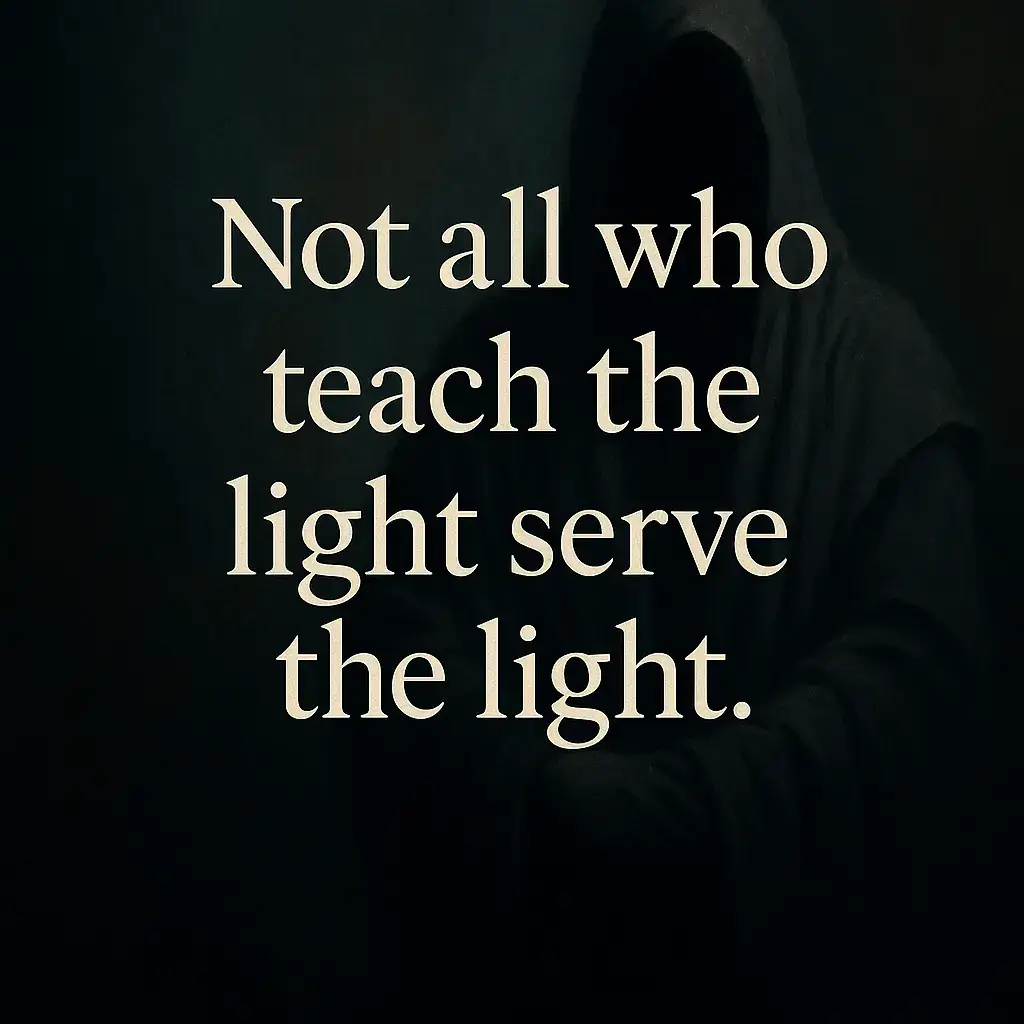طه العباسى
Region: EG
Monday 11 August 2025 09:58:22 GMT
894808
31904
267
2851
Music
Download
Comments
(Jana) :
حلو اوي اوي اوي
2025-11-01 19:22:22
0
ياسمين الشام23671 :
ممكن اسمها
2025-09-25 23:43:36
4
أمنيات محطمة 💔🥀 :
وانا اغني ابكي 😢 💔 حسبي الله ونعم الوكيل فيه 😢
2025-09-20 16:22:39
32
user6175573517055 :
مات اخي وهو ياحب هذ الاغنيه والله الله يرحمه ويسكلنه الجنه
2025-09-21 04:38:49
29
koki💘 :
كنت هعيط مكملتش عشان والله انا و. خطيبي بنحب بعض و مش بنزعل بعض خاالص بس مش عارفه كنت هعيط لية 😂
2025-09-30 02:57:59
1
ياسيدى غابت اوراحت :
2025-09-20 19:40:42
6
💔 Dima 💔 :
ماهو ده الوقت المناسب قبل الاحزان ما تكتر💔💔😔
2025-09-22 21:03:44
0
Mustafa Ibrahim :
وربنا انا عيطت وانا اغني❤️♥️♥️🥰😳
2025-08-25 07:02:46
10
خالد محمد المطيري :
😭😭😭😭😭 اقسم بالله عيط 😭😭😭
2025-09-20 09:21:56
9
R :
ابوي نايم م اقدر اغني بصوت عالي 😂😂😂
2025-09-24 22:02:53
4
RORO 🥺🖤 :
اكتر اغنيه كان بسحبها ودائما يقولي غنيهالي 🥺🥺🥺😭
2025-09-28 08:26:46
5
عدنان محمد :
روعه ☺️👌
2025-09-28 22:52:31
1
كانوا مجرد أقنعه🎭 :
بكيت من قلبي
2025-09-20 18:35:19
10
محمود الجازوي :
🥺🤲مات اخي وهو ياحب هذ الاغنيه والله الله يرحمه ويسكلنه الجنه
2025-09-29 23:05:50
0
assilaroui :
فيه حاجات غاليه علينا بتضيع يا حبيبي منااااا
2025-10-10 11:27:22
1
✌︎انـ🚬⃝꯭꯭ـس☠︎꯭التـعـ🔥ـ꯭꯭꯭꯭زي :
الحب لناوالنصيب لغيرنا 🫂❤️🩹 محددري ايش مقدرله🥺
2025-10-03 18:54:41
1
issaajaj :
الله ع صوتي 😂
2025-10-05 00:52:56
1
🤍Haneen🤍 :
بموت لما بسمعها🥺💔
2025-09-21 06:01:36
11
ألا بذكر الله تطمئن القلوب 🤍❤ :
عدد اللي غانو مع الاغنيه 👆👈
2025-09-21 18:47:55
8
مصباح الورفلي :
قويا ولله ربي يحفضك
2025-09-23 03:01:09
0
abdullah_almazin :
لازم سجلها وغنيها بصوتي وبإيقاع 🥺
2025-09-23 01:11:08
0
أميرة أبـي💞 :
بجد قلبي وروحي يوجعو فيا ومش قادره نبكي 😭
2025-09-21 23:03:23
7
Abo Abrhim :
صوت هادئ والله بصيح
2025-09-23 17:54:30
0
الجزيري :
أنا عيط وانا بغنية والله مش عارف ليه مع إني عنيتها كتير قبل كده والله
2025-09-25 19:30:04
0
To see more videos from user @user4902811852953, please go to the Tikwm
homepage.







